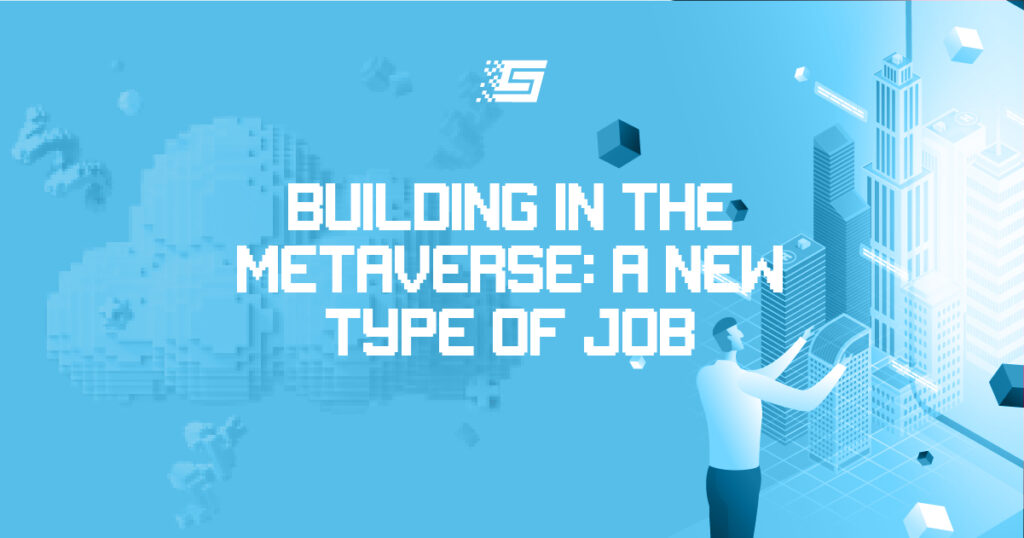2 Things to Avoid When Entering the Metaverse
Entering the metaverse is not like being born into the natural world. All you need is a computer device or a virtual reality headset. Probably, the metaverse platform to explore is not free. In that case, you need to purchase the game or its requirements for playing.
Similarly, a brand might be planning to market its products in the metaverse. After getting the required funds, the company is ready to launch its metaverse advert, event, or build an experience.
Getting the required funds or device is only one of the steps that individuals and companies need to take. When entering the metaverse, people must do that the right way. Likewise, brands and advertising agencies must create a plan of action and not jump on any metaverse trend. Why is a goal essential?
There are dos and don’ts to everything, including metaverse activities. Meanwhile, this article will focus on the don’ts. It will discuss two things that people and companies should avoid when entering the metaverse.
What individuals should avoid when entering the metaverse
Excessive Gameplay
The media and mental health experts have condemned the habit of regularly playing video games for long hours. They claim it leads to addiction, emotional detachment, and depression. Of course, there is more to the metaverse than video games.
Nevertheless, only a handful of the world’s population currently have access to or are interested in using the metaverse. Consequently, spending many hours immersed in virtual worlds can negatively affect one’s social life.
Additionally, technologies like virtual and augmented reality appliances are still in their development stages. Although VR is now fully immersive, headset creators still deal with complaints that the devices cause motion sickness and may lead to eye defects.
Symptoms of motion sickness include headaches, seating, and even vomiting. Thus, it would be best not to get addicted, overuse VR headsets, or even explore metaverse games for too long.
A person entering the metaverse might make plans that will help to reduce the amount of time he spends in the virtual realm. By doing this, one can avoid the current metaverse’s mental and physical side effects.
Over Familiarity
In the natural world, nobody goes around trying to know or connect with everybody. In like manner, you should avoid unnecessary friendships when entering the metaverse. Although staying silent is easier on social media, that is not the case with the metaverse.
It is easier for people to approach your avatar on the streets of virtual worlds and try to become friends. While you may not shun them for no reason, you should not become overly familiar with virtual strangers.
The metaverse will allow users to be anonymous, just as it is possible on social media. Also, anyone can pose to be whom they are not. You might even meet AI robots that will want to be your friend.
As a result, it would be best not to become close friends with people you do not know in person. Although no one can cause physical harm in the metaverse, you might get scammed by strangers you meet in virtual worlds.
Furthermore, avoid giving crucial details about your workplace, finance, family, etc., to virtual friends and strangers. Why? You might unknowingly provide information to hackers or even people who are criminals in real life.
What Brands should avoid when entering the metaverse
Trying to sell at every opportunity
A company or brand advertising physical products should focus on value provision when entering the metaverse. Although it is normal for brands to auction NFTs while launching, it would help if they added physical incentives.
For example, when Gucci launched one of its NFT collections, early buyers received a hand-made Gucci sculpture delivered to their doorsteps. Such an incentive will spur people to explore your metaverse experience, view other adverts, and purchase a product.
Meanwhile, when building an experience or hosting an event, a brand’s initial focus should not be on closing sales. On the other hand, value should be given out at first. Why?
It is easier and cheaper for brands to create experiences that explain their product’s benefits in the metaverse. Moreover, people are more likely to purchase an item when they learn about its value.
An example is the Fidelity Stack in Decentraland. It is an educational metaverse experience. Here, avatars can learn about the basics of investing and the importance of metaverse ETFs. In addition, visitors will learn about Fidelity Metaverse ETF and how to invest in it.
When entering the metaverse, brands can use this model to show that they are putting customers first. Moreso, buyers will understand the value of their products.
Unsustainable Rewards for Blockchain-based Experiences
Adopting play-to-earn in your brand’s metaverse experience can increase the number of visits. In turn, your products get more views, and you close sales.
Unfortunately, when a reward plan is not based on value exchange, it has a high chance of failure. Not creating a long-term reward plan (at least 6 – 12 months) might cause your brand to lose money to a metaverse marketing experience.
Remember, if the primary theme of a metaverse experience centers on earning rewards, people will rush into it to make quick money. Meanwhile, in reality, your brand is promising what it cannot deliver.
However, everyone will come prepared for competition if you focus on value exchange. Therefore, the first step is for your brand to create an accessible and immersive metaverse experience.
When building it, let product adverts flow with the game or experience. Further, you may offer rewards to players for purchasing your products. Another way is to set a general reward structure which is a percentage of the revenue from your brand’s metaverse experience.
Concluding Thoughts
The metaverse is a broad industry with many sections. Hence, it is essential not to misunderstand its use at this early stage. Using the metaverse and its technologies correctly will promote quicker mainstream adoption.
Conclusively, individuals and companies must avoid privacy invasion when entering the metaverse.


